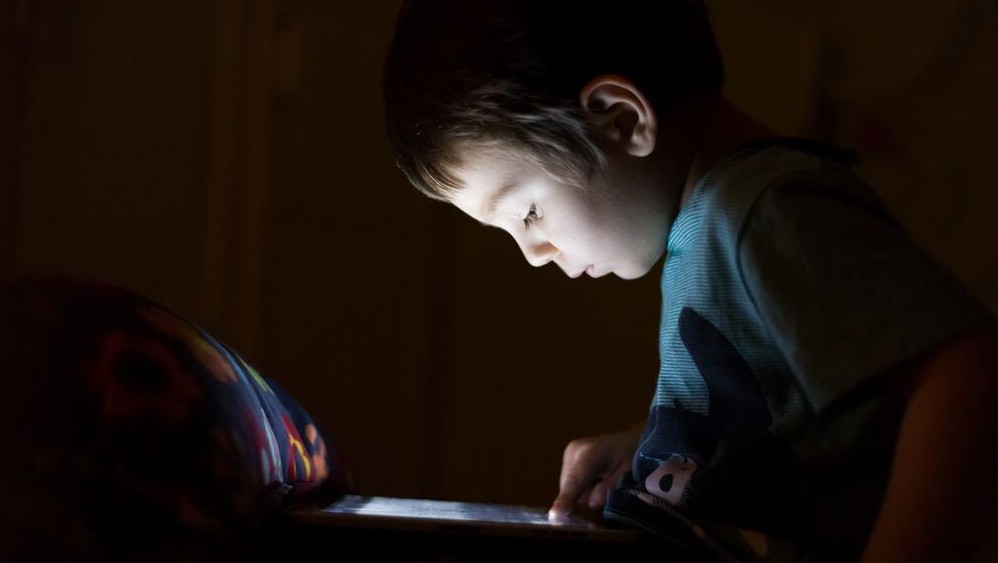An hour of screen time per day can lead to these problems in babies, toddlers

Web Desk
|
9 Jan 2024
A recent study from Drexel University in Philadelphia suggests that giving toddlers as little as an hour of screen time per day, particularly on iPads, may hinder their ability to understand the world around them.
The research reveals a two-fold increased risk of unusual sensory behaviors, like not responding to their name being called, associated with screen time starting at one year old.
Additionally, each additional hour of screen exposure doubles the risk of later sensory behavior issues compared to children not exposed to digital media.
Children with sensory processing disorders, often linked to ADHD and autism spectrum disorder (ASD), may experience heightened sensitivity to lights and sounds or seek additional stimulation in various ways.
This study adds abnormal sensory processing to the list of potential negative effects of excessive screen time, which already includes language delays, poor cognitive functioning, and the risk of developing autism.
Despite the well-known dangers of excessive screen time, children are spending more time than ever on screens.
In 2014, American children aged two and under averaged over three hours of daily screen time, a significant increase from one hour and 19 minutes in 1997.
The study, conducted between 2011 and 2014, analyzed data on nearly 1,500 children. It revealed that exposure to screens at 12 months old was linked to a 105% greater likelihood of sensory behavior issues at 33 months.
By 18 months, each additional hour of daily screen time increased the odds of specific sensory behaviors, and at 24 months, extra screen time was associated with a 20% increased likelihood of certain sensory issues at 33 months.
While the study didn't establish a direct cause-and-effect relationship, it suggests a potential connection between early-life excess screen time and sensory development issues, particularly in areas associated with ASD symptoms.












Comments
0 comment